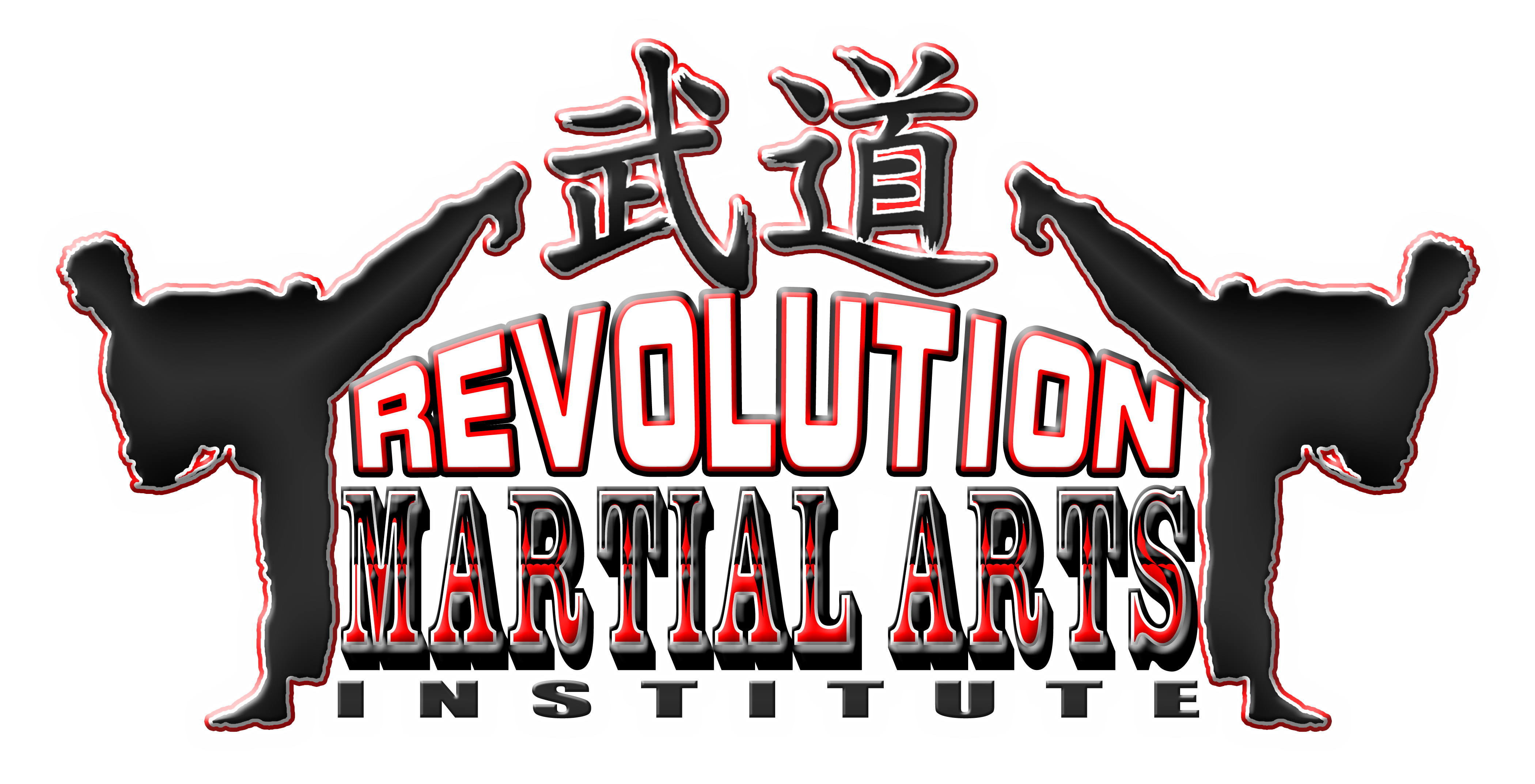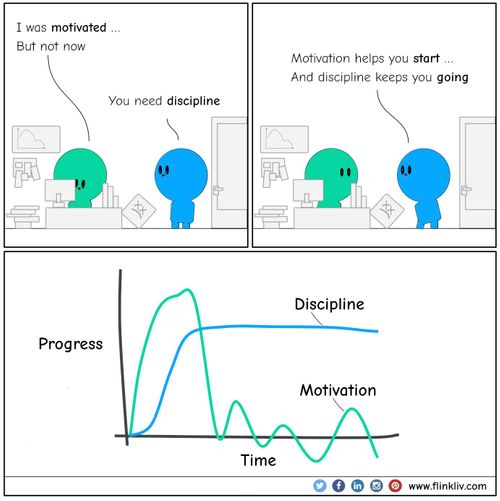With the end of another year and the start of a new one often comes the perpetual haste to begin
a slew of New Year’s resolutions. This might be something like, ‘I’m going to give up sugar’,
‘go running every day’, ‘spend less time on my phone’, or ‘ put 20% of every paycheck in my
saving’s account.’
As with most people, we keep to these empty promises for the first week or so before finding
some excuse as to why we've given up on the goals that we so eagerly set for ourselves.
Sometimes this is due to starting off with too big of a task right off the bat. Someone who wants
to quit smoking, for example, might best find success through a gradual weaning process rather
than giving it up cold turkey. Other times, a lack of personal motivation is the culprit for our
failed resolutions.
Motivation works as our internal drive or reasoning for why we act in a certain way. Someone
who wants to save money for a new car might be motivated to work more hours. The end goal of
getting a new car thus influences their actions of working overtime. The same mindset can be
applied to our martial arts training.
While there are certain things within karate that require a partner or a group of people to practice,
a lot of skills and techniques can, and should be, practiced individually; whether that’s your
current form, open hand techniques, kicks, or physical conditioning. Saying versus doing,
however, could not be more different than one another.
Putting in the time and energy to get better at something, not just martial arts, requires a great
deal of motivation,especially if it’s something that you're not immediately good at. That seems
rather obvious right? Why would you want to practice multiplication when math is your worst
subject, or why would you want to punch a brick wall until your knuckles are red and sore?
Let’s go back and examine that question again. Notice how I asked why you would want to do X,
want, being the operative descriptor here. The reality is you may not want to do any of that.
Punching a makiwara post or doing knuckle push ups against the cold and jagged concrete is not
something I necessarily want to do when my hands end up red and bruised for the entirety of the
following week.
Yet I choose to do those things because I want my training to be better. In this scenario, my
motivation to get better at karate is influencing my actions to train the way I do. But what
happens when you no longer have that motivation? Does all the work you’ve put into bettering
your craft begin to dissipate like wax in a candle because today you aren’t motivated to go to
class when you’d rather stay home and watch TV?
On the contrary. Your motivation may have taken a backseat but this is where its counterpart
“self-discipline” ought to come out and shine. This should be rather familiar as self discipline is
part of what carries the martial arts philosophy.
Because I seem to be turning this rant into an abridged dictionary, self-discipline, noun, involves
one’s ability to overcome one’s weaknesses and to pursue what one thinks is right despite the
temptation to abandon it.
So while discipline and motivation can start off quite similar, they don’t always reach the same
outcome when it comes to reaching the goals that you’ve set for yourself. Having motivation can
be fun and exciting and make you think you can conquer the world. But when that motivation
starts to wane after two weeks when you’re not seeing immediate goals is where self-discipline
comes in. Having a strong sense of inner discipline is what’s going to carry you to meeting your
goals, whatever they may be, when you no longer have that burning feeling to do five hundred
kicks every Tuesday or even just taking 5 minutes of the day to work on one skill that you're
struggling with.
It was just recently that Master Celona, while having a conversation during one of the younger
kids’ classes, said that in order to get better, you have to push past your body’s natural state of
comfort. Pushing yourself is how progress is made, in Martial Arts and in life.
To do that, however, takes motivation and the discipline to keep going when your arms feel like
jelly, your legs are as heavy as lead, and your lungs feel like they’re going to pop like a cheap
balloon.
It could even apply to something you’ve always loved and have excelled at that no longer comes
as easy as it once did. The writing I used to do was so effortless and seamlessly flowed together.
Now it’s almost forceful and chaotic. Not how I’d like it to be when talking here. So forgive my
jumbled stream of consciousness and sometimes cliche quips. I plan to get this right the next
time you hear from me, or not, we’ll see.


